Ask an indie developer: How hard it is to get your game seen by the gaming public?
Spread the word!

Spread the word!
Having a game published by a huge company has its ups and downs, but one of the big plusses can be the advertising budget. The publisher has so many avenues to publicize its games, but for indie developers it can be a real challenge to be seen in such a crowded marketplace. What happens when you have to do PR for your game as well as develop it?
In the last of our series of interviews with prominent indie devs, we wanted to find out just how they deal with getting the gaming public to notice all the hard work they do. Some just kept faith in the quality of their products, while others took interesting approaches to publicity. Find out how these important developers got their games into your hands...
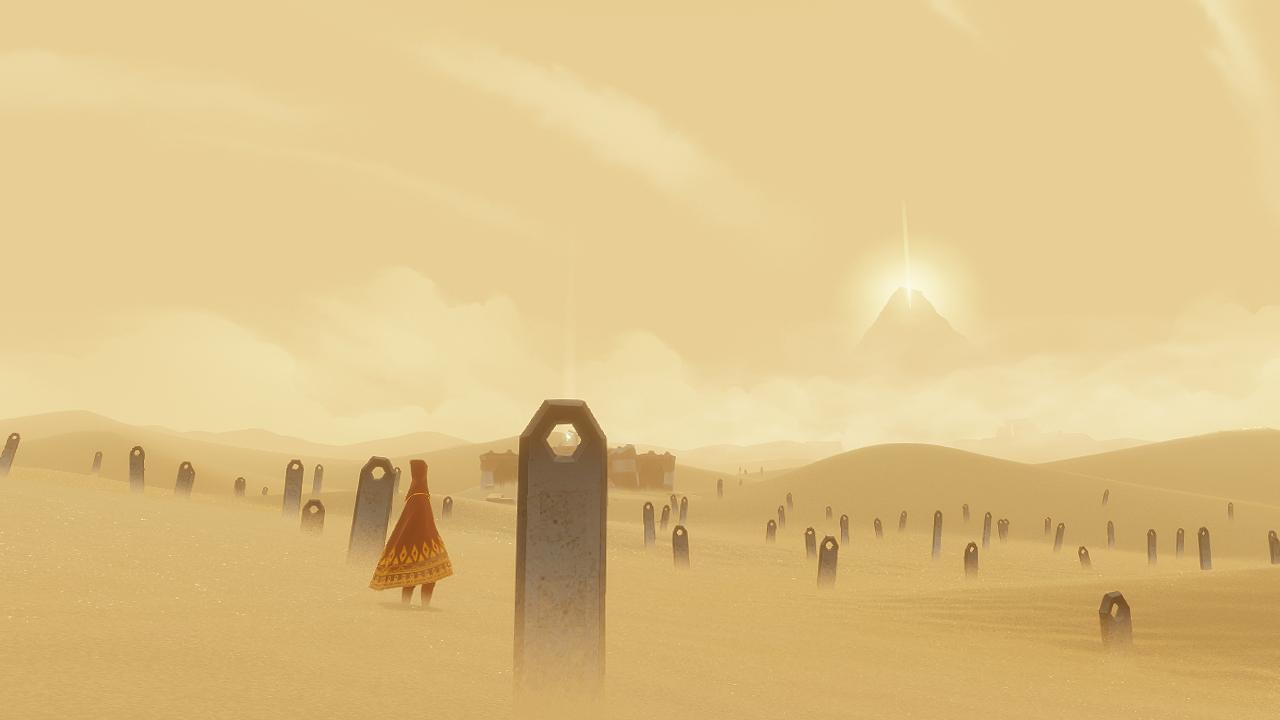
Jenova Chen, thatgamecompany (Journey)
It is relatively easy to get your game seen by the public. It's a lot harder get people to pay to play your game. While Journey might be the most well known game from thatgamecompany, its not the most seen game. Back in 2006, I've made a browser game called flOw. It gained 300,000 players in the first 4 days and 6 million in the first two years. Its free to play and free to install since it was developed in Flash. So I feel if your goal is to get people see your game today, its mostly about accessibility.
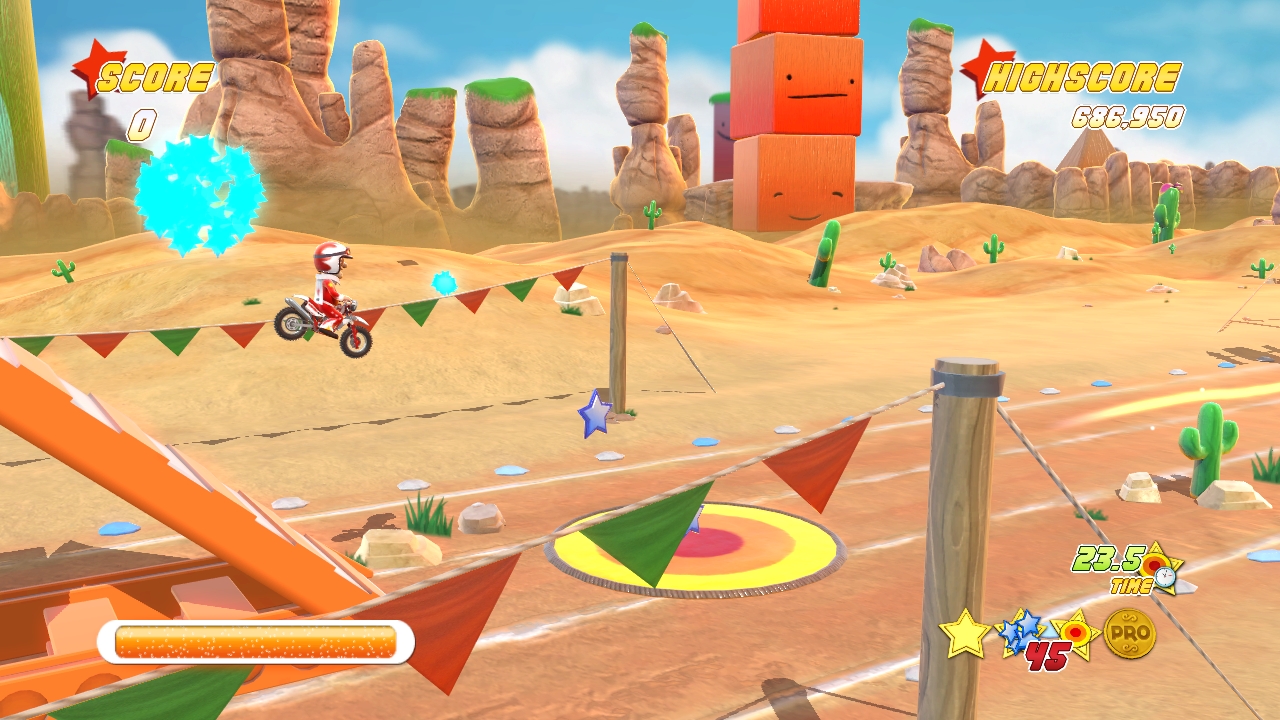
Sean Murray, Hello Games (Joe Danger)
Getting your game seen by the public is maybe the biggest challenge indies face. There are lots of channels--the press, social media, YouTubers, advertising, game expos--but we dont have huge marketing budgets and were competing with so many other games being made today. It takes a lot of time, patience and energy, but we try to make visually distinctive games that you see and remember, games that people want to play and tell their friends about. Hopefully in the end thats does a lot of the hard work.
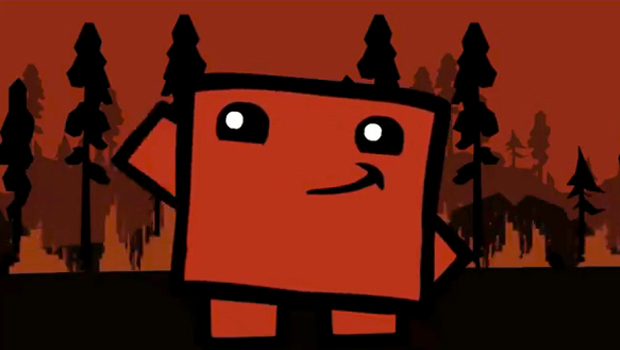
Edmund McMillen, Team Meat (Super Meat Boy)
Its not too hard, but Im not in the same boat as the majority of indie devs. Though if you make something new and exciting, its honestly not hard to turn at least a few heads in the press.
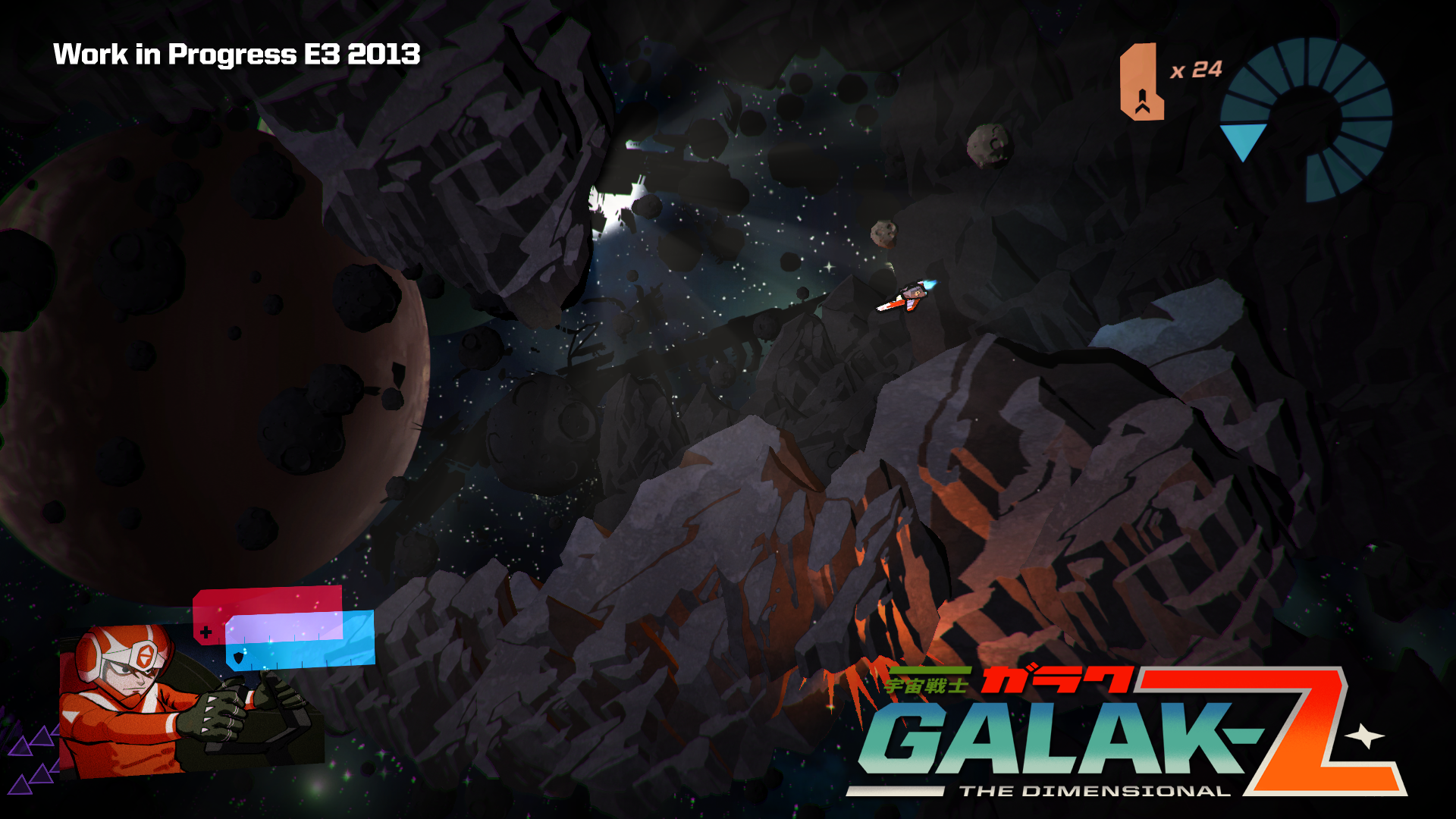
Jake Kazdal, 17-Bit (Skulls of the Shogun, Galak-Z)
Its not that hard if you really reach out to the gaming press, and go to every festival you can. We show at PAX, anime conventions, retro game conventions, do talks at GDC, anything you can to get the game OUT there and being talked about!
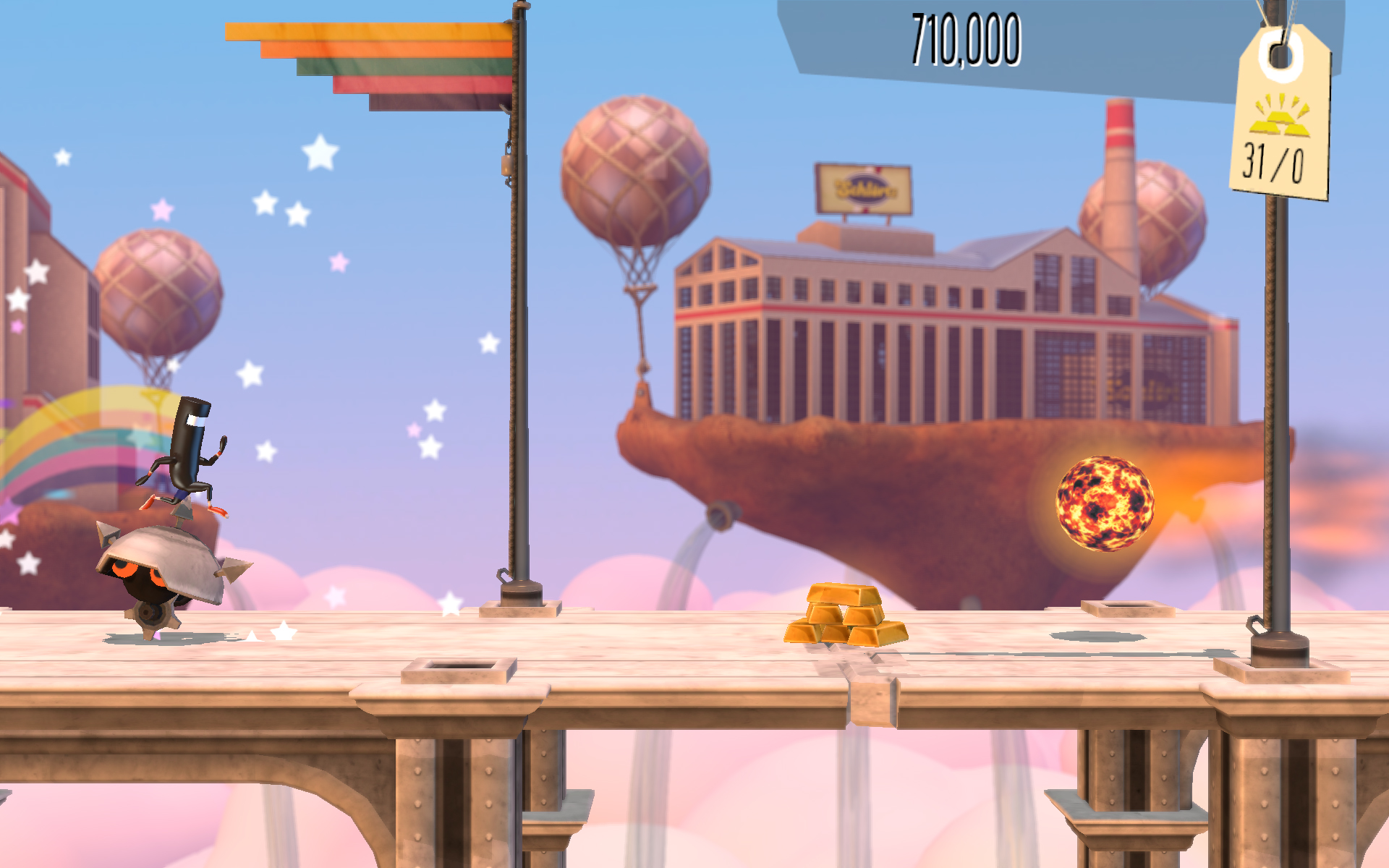
Mike Roush and Alex Neuse, Gaijin Games (Bit.Trip, Runner 2)
In truth, it gets harder as time goes on. With more and more games releasing on more and more platforms, and no marketplace having quite yet found the magic recipe for exposure, it can at times feel like an uphill battle. On the flipside, quality can really go a long way. If youve created a great game, chances are good that it will be discovered and embraced by the public at large. This may not always be the case--there are probably a multitude of rad games on iOS and elsewhere that have been buried under other titles--but more often than not it is.
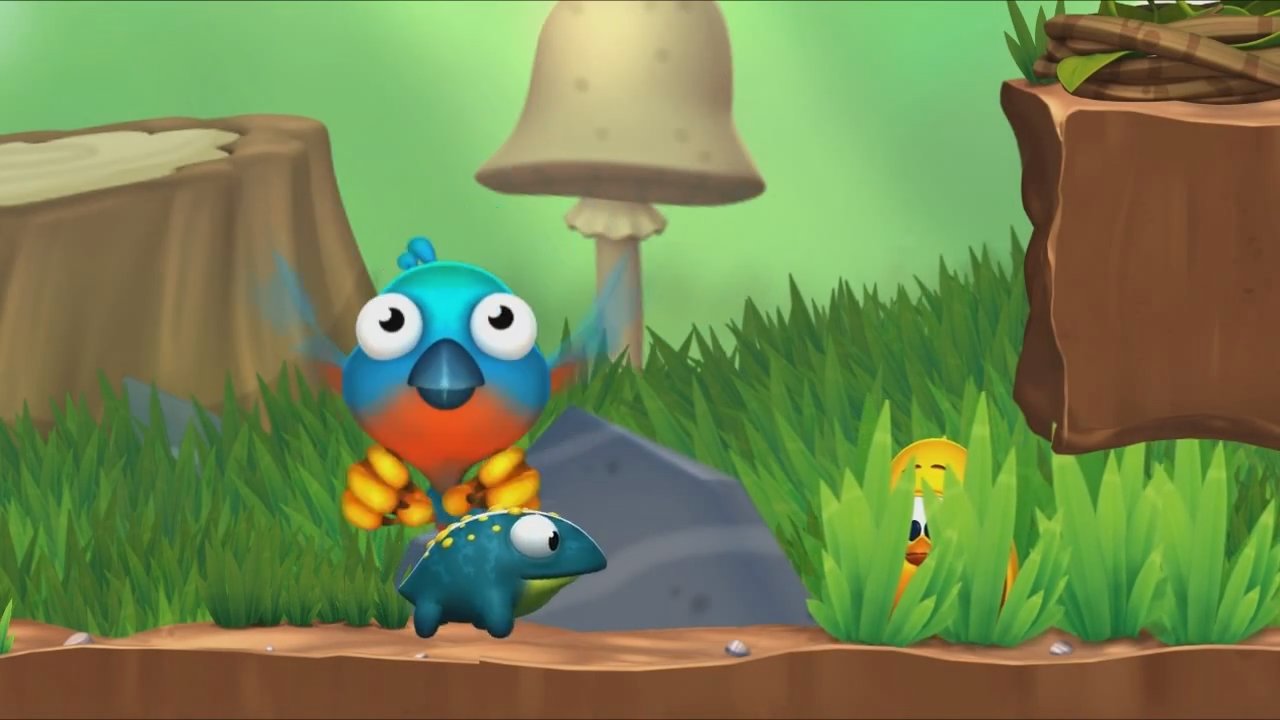
Collin van Ginkel, Two Tribes (Toki Tori)
It's been a challenge for us. Being based in the Netherlands, instead of California for instance, means its harder to get face to face time with people from the press. We've learned a lot though, and one of the main things we want to improve upon for our next game is to have a great playable section early on. Toki Tori 2 had so much new technology and there were so many unique design issues we needed to address, that it was hard to convey the quality of the end product before we were close to shipping.
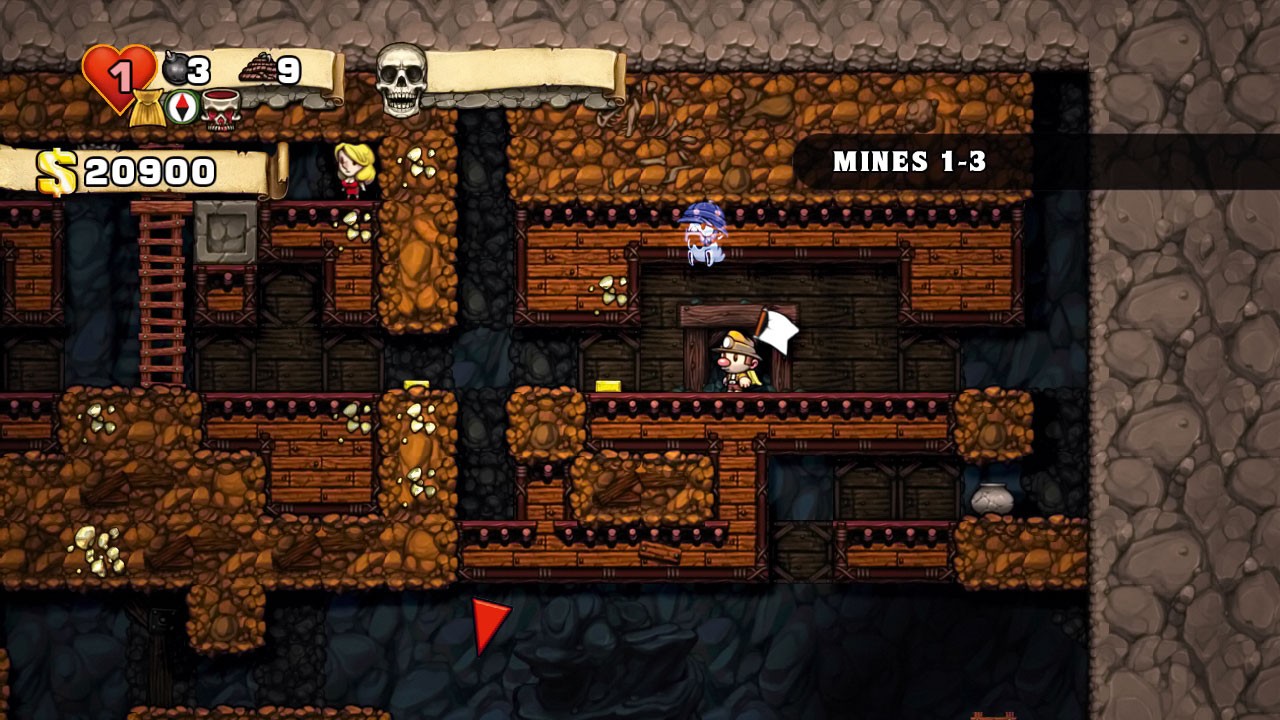
Derek Yu (Spelunky)
I always tell small developers to focus on making a good game--if you've done a good job with that, it will get noticed, even if it takes a while. Getting your game seen is a lot easier than making a good game in the first place.
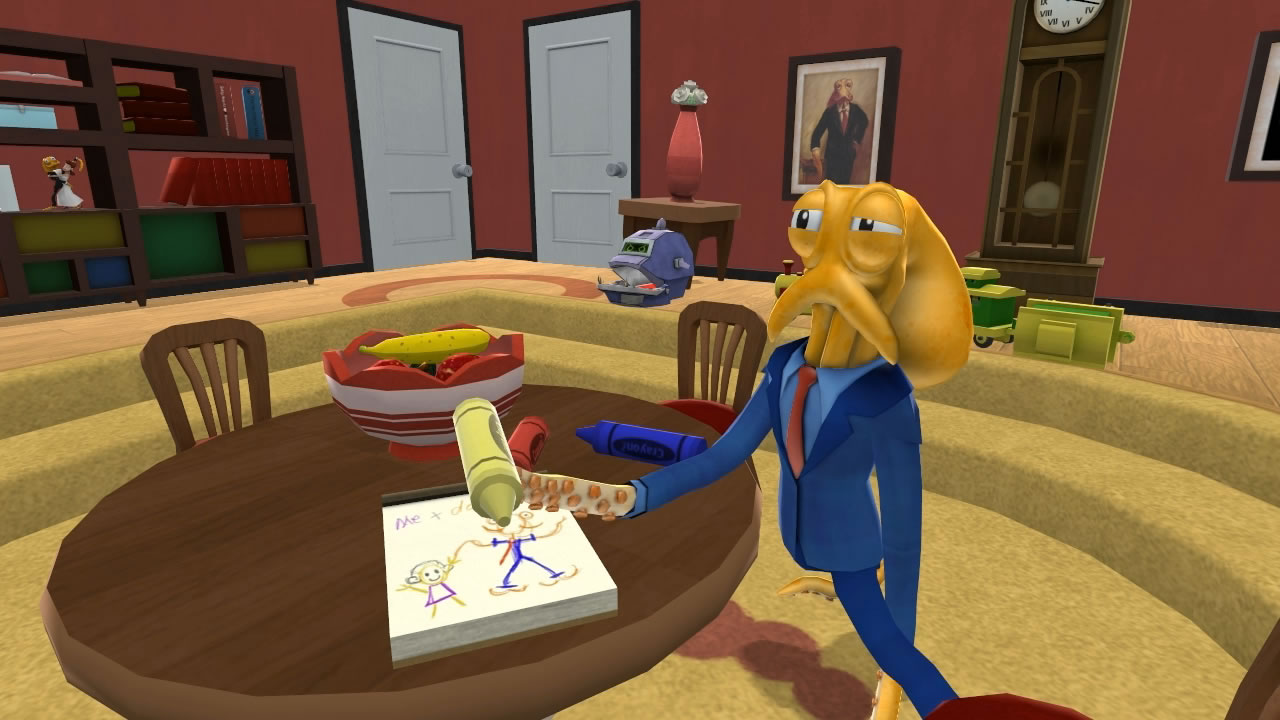
Kevin Geisler, Young Horses (Octodad: Dadliest Catch)
With Octodad, we tried to make something that would stand out. We picked a mechanic that hadnt been touched on very often and worked to make a character and setting that was memorable. A lot of getting the word out has been through word of mouth by people who downloaded the original, but it helps a ton that we have someone on the team (Phil Tibitoski) who can dedicate the majority of his working time to attending conventions and networking with peers, press, business partners, and fans. All of us on the team try to keep our eyes out on opportunities that we think we can pull off without sacrificing too much of our limited development time. I think too often indie devs put aside promoting their game, hoping to do it later, but then find themselves without a fanbase when they are ready to release.
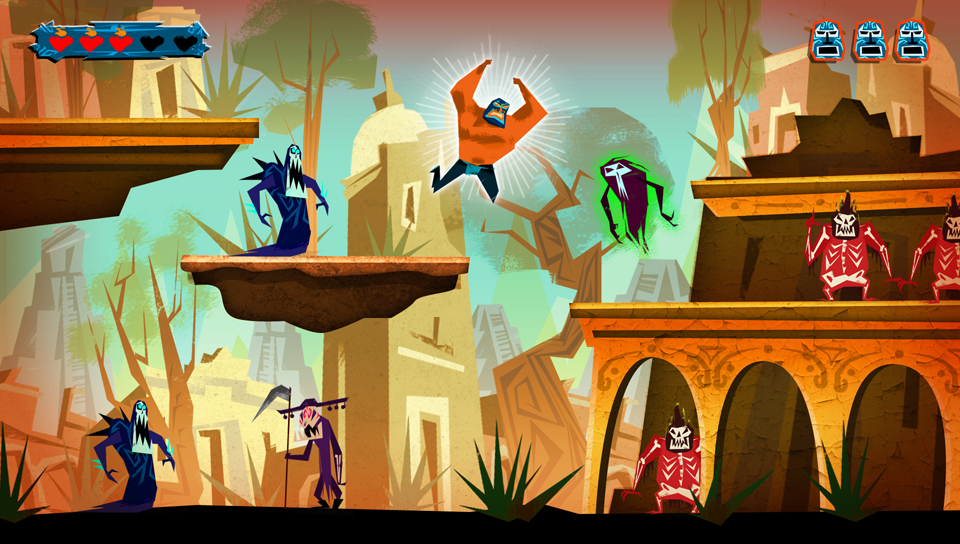
Graham Smith, Drinkbox Studios (Guacamelee!)
For us, it was really hard to get attention at first, but it started to get easier as we continued to release games. Unless your first game is a huge hit, it seems to takes a really long time to build up a fan base and connections with people in the media. You need to get people to care about the games youre making, which can take a few tries (in our experience). With the release of Guacamelee!, its now much easier for us to get interest from media outlets and the public, because finally people recognize who we are and are familiar with the games we have made.
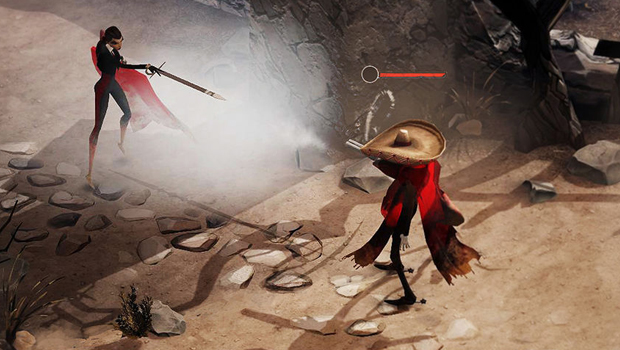
Yousuf Mapara, Switchblade Monkeys (Secret Ponchos)
I think as an independent creator in any artistic format, a huge barrier has been lifted in the last 10-15 years. If you were a writer, you previously needed a publisher to get behind you so people can see your work. Now you can self-publish on a blog. If you were a musician you needed a label to sign you, otherwise you were limited to the people that could physically hear your shows. Now you can throw your work up on YouTube. Mass communication previously required access to distribution channels that only a select few had. Video games are now making that same transition. As the channels become more and more open, you will see a transition of challenges. The old challenges being distribution based ("How do I get this executive in the office to approve my game?"). The new challenges are marketing and PR related ("How will your voice be heard in a room amongst thousands of other voices?").
In our own experience, we've been very fortunate with Secret Ponchos. We've been so lucky that the gaming press noticed and the team at Sony are pushing so hard for indie content to make it have adopted our game and gotten behind taking that message to the public. Plus, they're a lot better at spreading the word then we are, as we're just developers who love to make games.So we've been very fortunate to have them behind us. Its really exciting to be part the early stages of indie gaming on high end consoles.
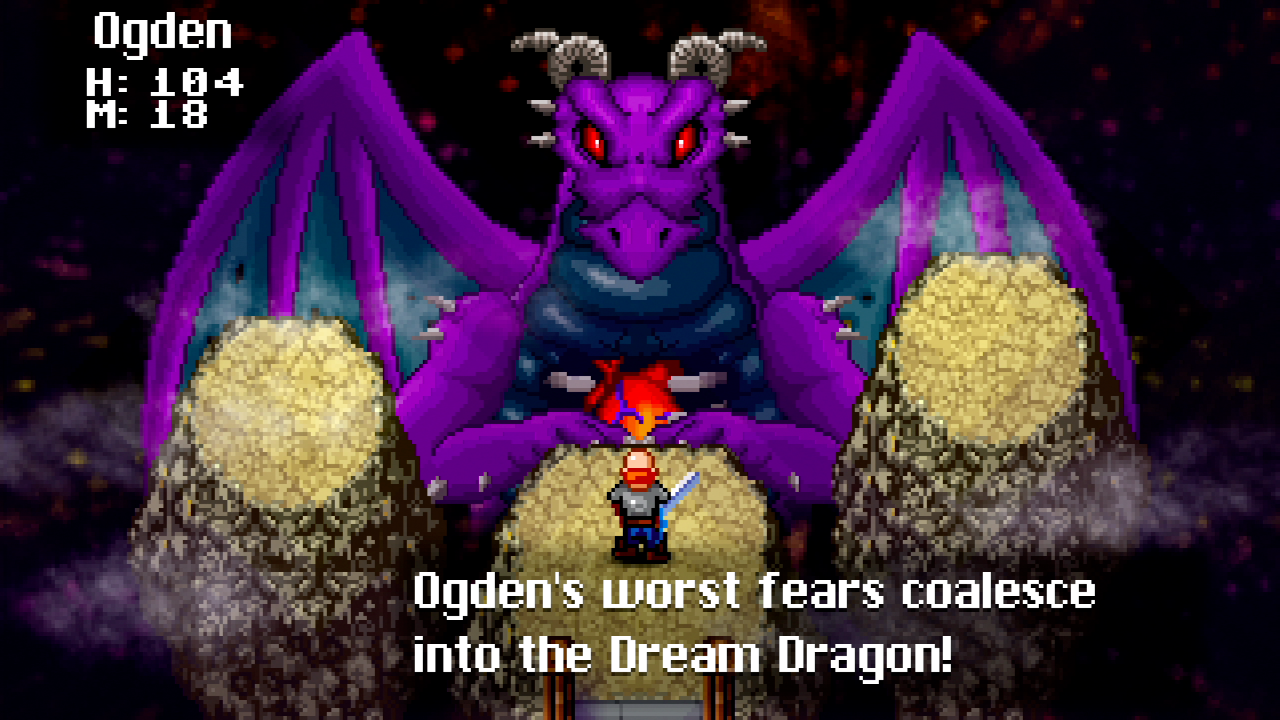
Bryan Sawler, Muteki Corporation (Dragon Fantasy)
It's one of the biggest challenges out there. We've been lucky to have such great support from Sony with Dragon Fantasy Book I and now Dragon Fantasy Book II both being included in promotions at launch, and getting time at their booths in various events. Short of that, it's a lot of us spending money to get our own booth at events like PAX, and emailing everyone, and trying our best to make friends with the press. The problem is, even when you're friends with people at various press outlets, that doesn't guarantee you coverage (and when you get coverage, it doesn't guarantee it's favorable).
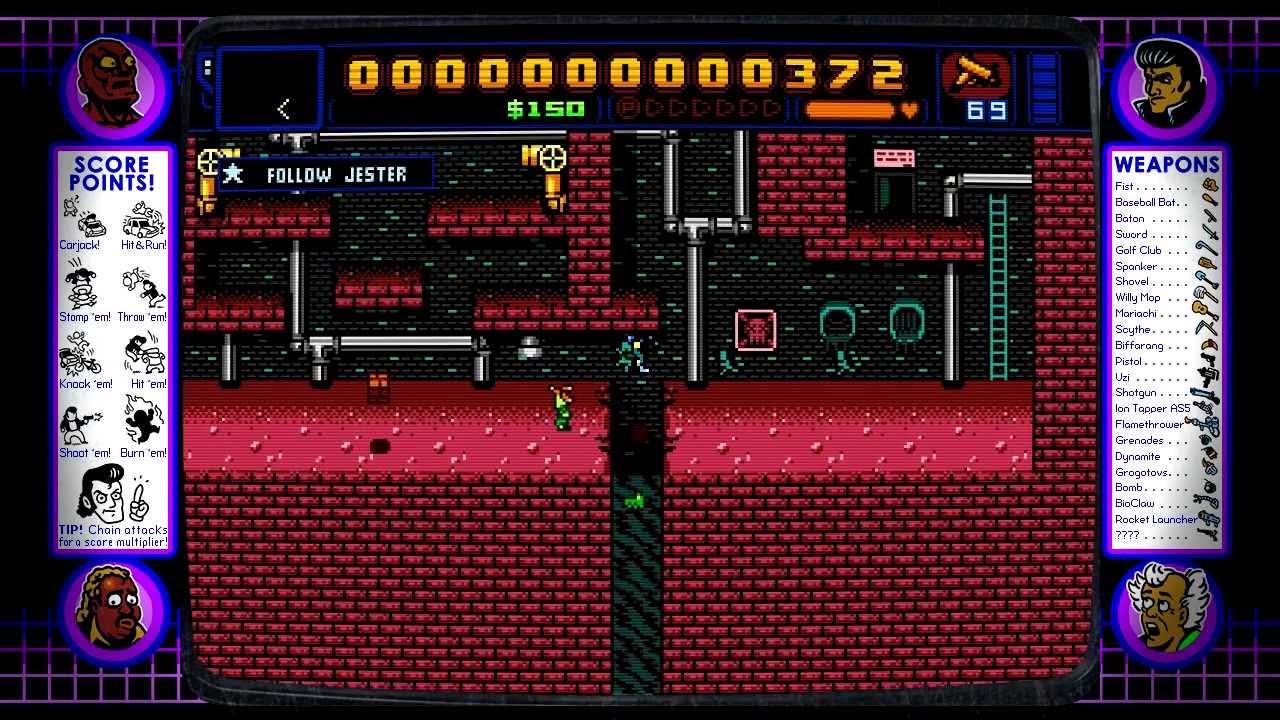
Brian Provinciano, Vblank Entertainment (Retro City Rampage)
The hardest part was actually post-launch. During development, the game received almost unanimous praise and at least a couple dozen awards. After release though, while it did receive a lot of 9s and even some 10s, the critics that didn't like it hit me hard. While in hindsight it's obvious--no game is for everyone--the unanimous praise prior to release set false expectations for me. Now, the game's been a huge success and sold a lot of copies, so whenever someone doesn't like it, I can have the relaxed "Well, it's not for everyone" response, as opposed to taking it personally.
Launch was incredibly stressful. The finishing touches, final bug fixes, five platforms (8 separate SKUs which needed to go through certification) as well as marketing, PR, the trailer, and so on left me ill and on little sleep. There wasn't enough time to do everything and as I juggled so much, the game had to came out of the oven before it was finished cooking. While I was aware of some rough edges, I hoped that everyone would look at the overall package, but instead those were cherry picked and held up to the light.
It was a big learning experience. Your game's only as strong as its weakest level. I dwelled on the lower review scores and spent another month polishing the game to address the gripes they had. Now, I'm incredibly happy with the game and it's what I intended it to be in the first place. However, that didn't change those existing reviews which with the current state of the game should be higher than they are.
They represent an old version of the game but are still up on the wall. They definitely damaged things creating a "mixed reviews" stigma, but perhaps through word of mouth, sales picked up a couple months after launch and the game became a great success, generating even more revenue this year than last. With so many balls up in the air, it's impossible to know the exact reason for this, but the oddest thing is that it launched in October, and the lowest revenue was in November. It's be higher ever since.
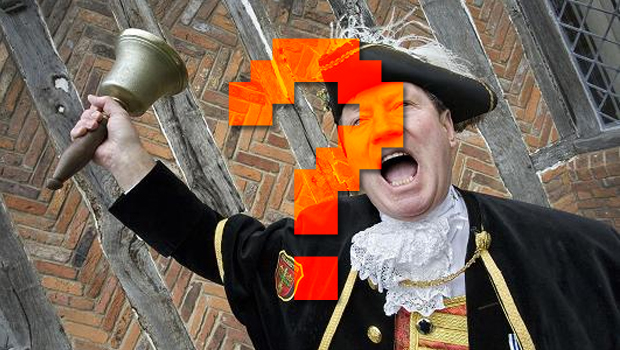
Hear ye, hear ye...
So now we know how these devs began, but theres so much more we want to know. Like what theyd do with a huge budget, or what they think of next-gen. Stick with us this week to see those burning questions answered!
And if you're looking for more indie love, check out the top 7 best indie crossovers and what is indie?
GamesRadar+ was first founded in 1999, and since then has been dedicated to delivering video game-related news, reviews, previews, features, and more. Since late 2014, the website has been the online home of Total Film, SFX, Edge, and PLAY magazines, with comics site Newsarama joining the fold in 2020. Our aim as the global GamesRadar Staff team is to take you closer to the games, movies, TV shows, and comics that you love. We want to upgrade your downtime, and help you make the most of your time, money, and skills. We always aim to entertain, inform, and inspire through our mix of content - which includes news, reviews, features, tips, buying guides, and videos.


